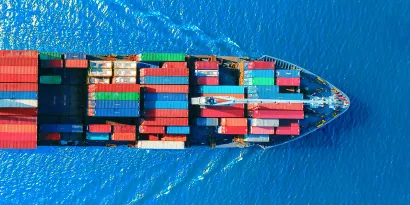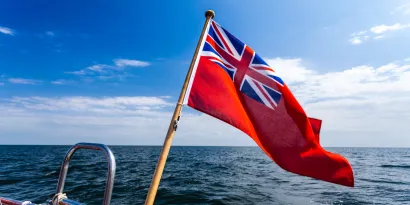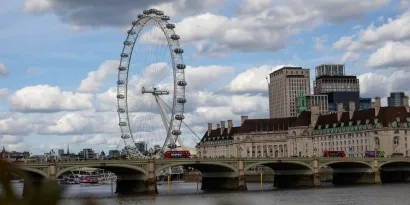A new workboat code from the Maritime and Coastguard Agency (MCA) comes into force today (13 December), drawing together regulations into a single document to underpin safety while supporting the industry to advance technology.
Designed to be more straightforward, The Workboat Code Edition 3 includes the world’s first maritime safety legislation for the development of remotely operated unmanned vessels and workboats using alternative fuels.
Previously, operators needed to consult different codes, depending on their vessel’s age and specifications. The new, unified version places these sets of requirements into a single publication.
The workboat sector is vital to sustaining a mix of key economic activity such as ports, gas and oil installations, and wind farms.
Extensive consultation across the industry has helped shape the new code, which will provide the legal framework for certification of the UK’s fleet of commercial support craft.
Maritime Minister Lord Davies said:
"Protecting our seafarers remains our utmost priority, which is why we regularly review safety regulations to ensure they stay current.
"It’s not enough to make sure regulations are up to scratch – they need to be accessible and easy to understand. That is why the MCA has merged the 3 necessary regulations into one easy-to-access document, so workboat owners and operators can understand the safety requirements expected of them while preparing the sector for emerging technologies in an ever-evolving maritime landscape."
MCA Chief Executive Virginia McVea said:
"Months of consultation, study and refinement have delivered a unified set of clear workboat rules, which operators can rely on to run their activities safely and securely. I’d like to thank the workboat industry for the sustained engagement and patience that helped us achieve this together.
"By covering advances in technology, the document will help inspire confidence in new vessels. Doing so strengthens the international reputation of the UK flag, attracting new customers and enhancing our influence as a leading maritime nation.
"We now have a code that is more easily accessible, simpler to understand and better able to drive forward the safety and prosperity of the UK’s workboat sector and wider marine economy."
See The Workboat Code Edition 3 on GOV.UK for more information.
Background
The Workboat Code Edition 3 is the product of 3 months of formal consultation launched by the MCA in October 2022, which was itself the culmination of about 2 years of engagement and review with the industry.
Publication of the final version was on 22 November 2023 ahead of it formally coming into force today (13 December 2023).
The updated collection of technical requirements applies to vessels of up to 24 metres in commercial use, including pilot boats. It’s based on a new revision of the Merchant Shipping (Small Workboats and Pilot Boats) Regulations 2023.
For the first time, the code also brings in remotely operated unmanned vessels (ROUVs) as well as craft using alternative fuels and propulsion.
Further measures have been added to boost safety at sea, such as additional clarity on acceptance of appropriate construction standards and greater detail on the expected capabilities of a second competent person for operations in Category 2.
The Workboat Code Edition 3 also adds new safety rules for using lithium-ion batteries as the power source for vessel propulsion systems, providing a regulatory framework that will keep the UK at the forefront of technological advances in the workboat sector and in the decarbonisation of the shipping industry.
It will be introduced in a phased approach as vessels undergo their regular certification process through Certifying Authorities authorised by the MCA to examine and certify small commercial vessels.
-
Share


